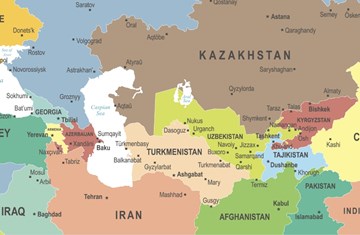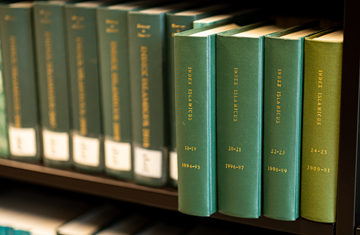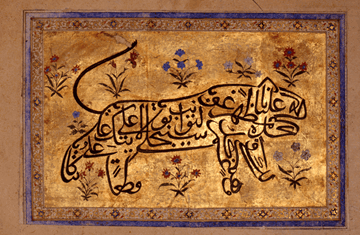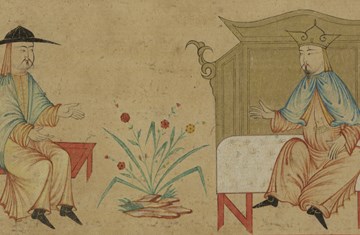IIS Qur’anic Studies Panel at the British Association for Islamic Studies in Edinburgh

Drs Omar Alí-de-Unzaga, Stephen Burge and Nuha al-Sha‘ar of the Qur’anic Studies Unit presented a panel entitled Citations of the Qur'an in Islamic Literature at the Inaugural Conference of the British Association for Islamic Studies (BRAIS) in Edinburgh on 10–11 April, 2014.
The panel explored the use of citations of the Qur’an, with the aim of gaining some understanding of how citation is used in different genres of Muslim literature: classical Arabic adab literature and exegesis of the Qur’an (tafsir). Illustrating that the meaning of Qur’anic verses can be used for literary effect, or to advocate particular philosophical and religious views, the panel also discussed how this method has been used to lend authority to an idea, concept or interpretation. In some circumstances, the act of taking a Qur’anic verse and placing it in a new context can have a profound influence on its meaning. This phenomenon was explored in detail, generating discussion on the nature of the Qur’an and what it means to cite it.
Dr Nuha al-Sha‘ar presented a paper entitled The Citation of the Qur’an and Ibn ‘Abd Rabbih’s al-‘Iqd al-Farid. She discussed the chapter that Ibn ‘Abd Rabbih (d. 328 AH / 940 CE) devoted to the concept of governance and authority (sultan) and examined the ways in which he uses Qur’anic quotations, both complete and partial, to articulate views of governance that were important in the context of the political and religious environment of 4th AH / 10th CE century al-Andalus.
Dr Omar Alí-de-Unzaga discussed the use of Qur’anic quotations in the Epistles of the Brethren of Purity in a paper entitled, ‘Over it are nineteen’ (Q. 74:30): Qur’anic Citations,Referentiality and Deixis: The Case of the Rasa’il Ikhwan al-Safa’. The paper explored challenges that the readers may encounter regarding the relevance of Qur’anic verses cited with a matter being discussed.
Besides this issue of relevance of Qur’anic citations, another issue is exegesis: are citations mere transpositions of textual units or is there an embedded exegesis in the act of citation? The paper analysed specific Qur’anic citations from the Rasa’il Ikhwan al-Safa’ which require a referential explanation. While texts of tafsir have other interpretative techniques, adab texts tend to have implicit strategies to clarify verses that need to be ‘explained’ as referring to a specific person or concept. Thus, the implicit interpretation of ‘Over it are nineteen’, as given by the Ikhwan al-Safa’, is that over the earth there are seven planets and twelve constellations.
Lastly, Dr Stephen Burge examined the use of quotations in tafsir, in a paper entitled The Use of Qur’anic Citations in Medieval and Modern Tafsir: A Case Study of the Verses on Fasting (Q. 2:183–185). He raised the point that when interpreting a particular verse of the Qur’an, exegetes often cite other verses in support of a particular position; however, whilst this phenomenon is widely acknowledged, the actual process remains largely unstudied.
Using the verses on fasting (Q. 2:183–185) as a case study, this paper looked at the different ways in which a range of exegetes have utilised and deployed Qur’anic citations in their interpretations of a verse. First, an individual verse may need to be interpreted according to the verses that precede and follow it. This enables an exegete to isolate a specific pericope within a sura and to explain issues, such as syntax, over multi-verse textual units, rather than in single verses. Second, Qur’anic verses are used to provide comparative lexical and syntactic evidence for particular word forms and structures. Third, Qur’anic citations are used to provide interpretative material.






